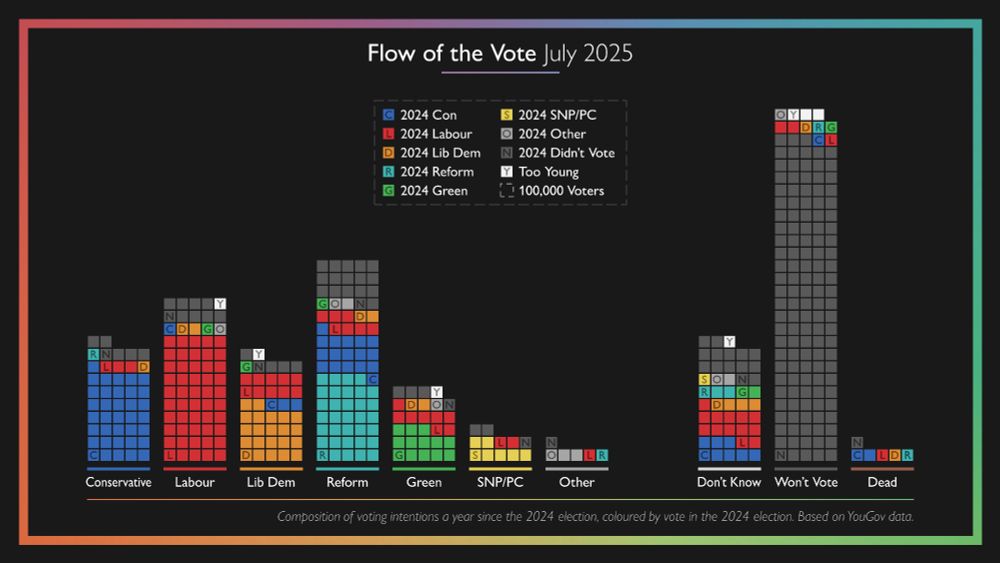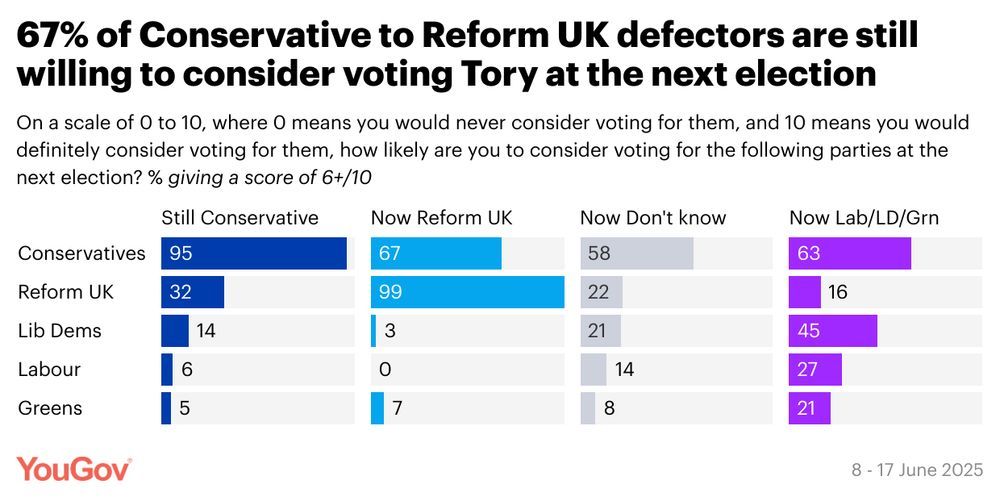Dylan Difford
@dylandifford.bsky.social
15K followers
290 following
2.1K posts
YouGov data journalist • Elections, polls, voting systems • "I like people, places and things" • [email protected]
Posts
Media
Videos
Starter Packs
Pinned
Reposted by Dylan Difford
Reposted by Dylan Difford
Reposted by Dylan Difford
Reposted by Dylan Difford














